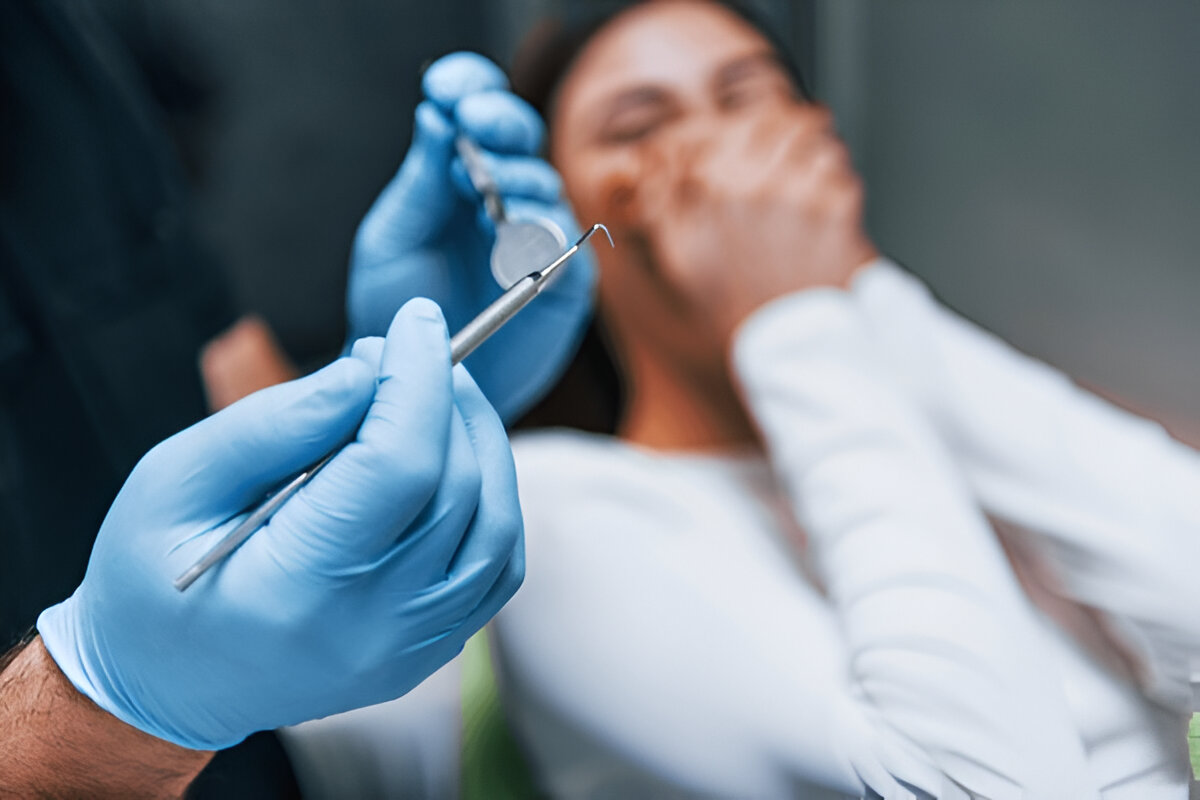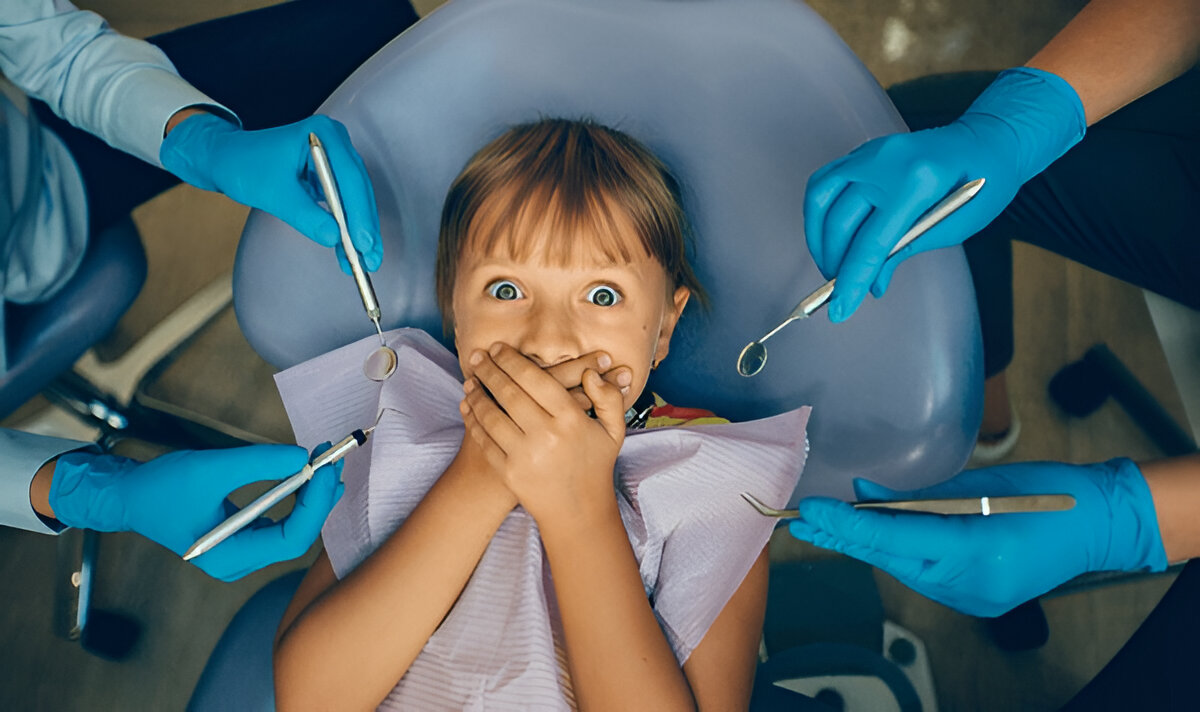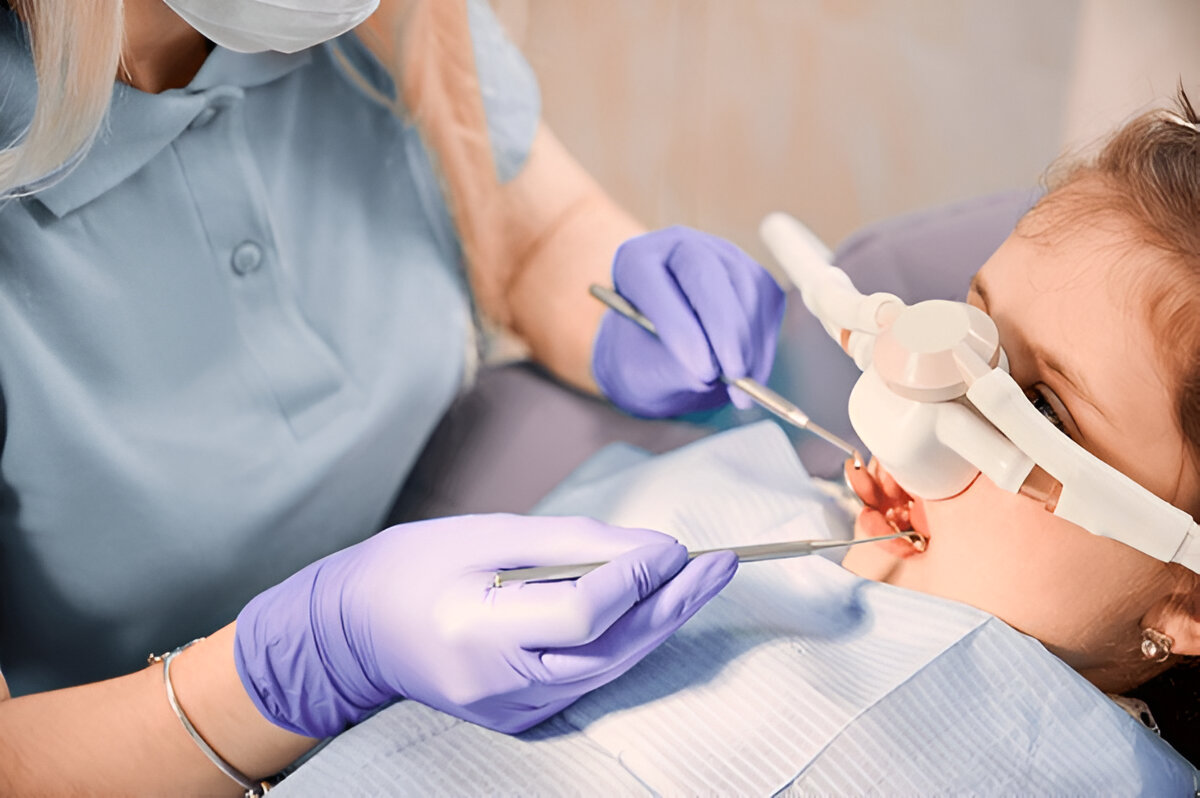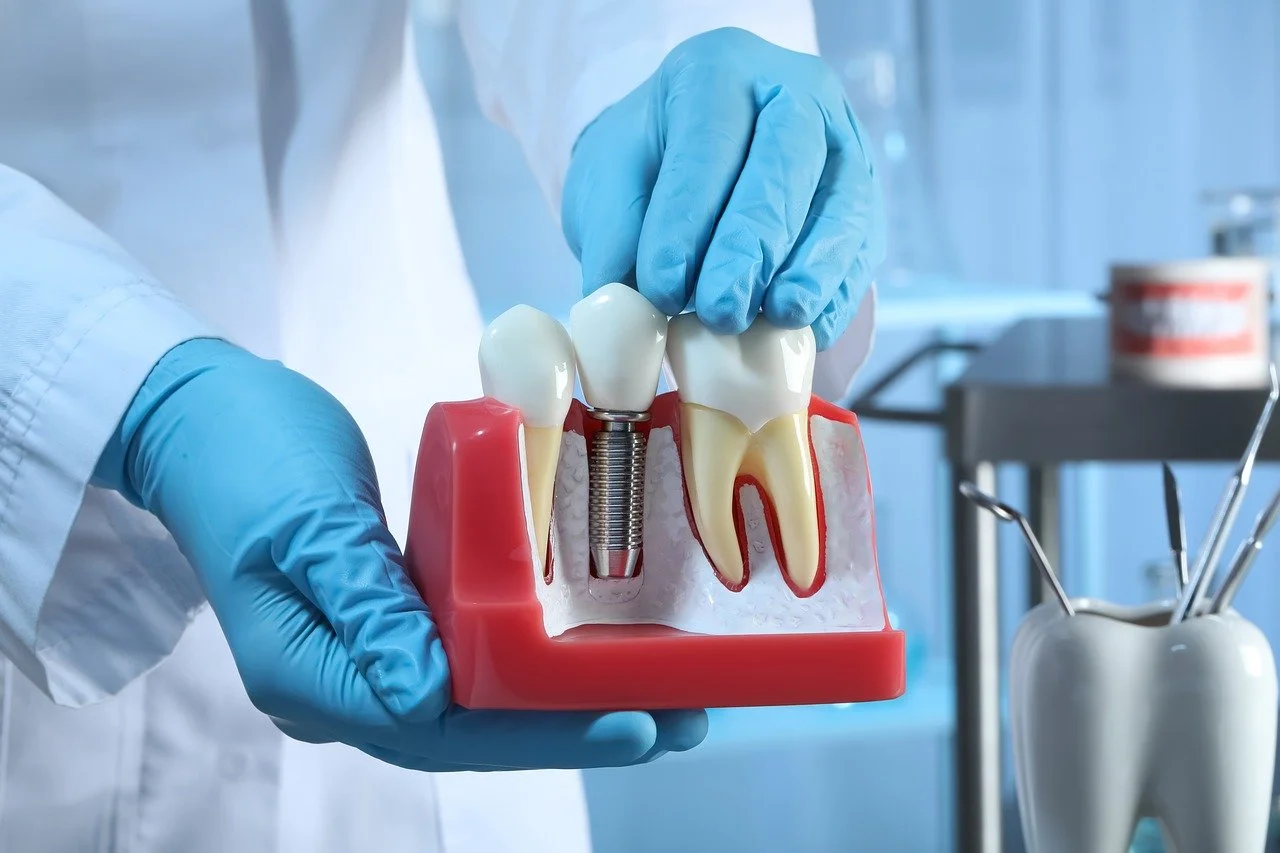If you’ve ever wondered about improving your smile without undergoing extensive dental work, Composite Bonding may be the perfect solution. It’s a popular cosmetic treatment to fix various dental issues such as chipped, cracked, misaligned, or stained teeth. However, when considering composite bonding, a key factor that comes into play is the cost. So, how much does Composite Bonding NHS cost compared to private clinics in Glasgow? Now, let’s get into some detail to help you decide on whether composite bonding would be useful for you or not.
What is Composite Bonding: An Overview of Its Benefits and Procedure?
Composite bonding is one of the most favorite and affordable cosmetic treatments used to correct several types of dental imperfections. It applies a tooth-colored resin to chipped, cracked, or stained teeth. Unlike some of the other treatments, less preparation is needed with composite bonding and no drilling, making it very less painful for the patient. The resin is adjusted to fit your natural contours and color of your teeth, giving you a very smooth finish. From misaligned to discolored teeth, composite bonding would improve how you both look and function with your smile without much work at all on your dental cavity.
While opting for cosmetic improvement, Composite Bonding NHS is not actually available since it is more of a cosmetic treatment. Private clinics, however provide composite bonding, which costs vary according to the complexity involved and the location of the clinic. In case you want to know the cost of composite bonding Glasgow has covered all these reasons, so choose the best one to smile at your crown.
Composite Bonding NHS: The Cost and Availability
Composite Bonding NHS This is not normally covered by the National Health Service (NHS) as it is a cosmetic dental procedure. The NHS primarily covers any treatment needed to keep your teeth functional and healthy, which includes most health problems such as tooth decay and gum disease, but cosmetic treatments such as composite bonding fall outside of these guidelines.
Composite bonding would be the perfect choice for patients who desire correction of minor imperfections to the smile, for instance, chips, cracks, and stains. However, since the treatment is essentially aesthetic, it does not attract NHS funding.
In some minor cases, when there is a cosmetic issue causing significant functionality problems (for example, if the chipped tooth interferes with chewing), treatment may be partially covered by the NHS, but it is not the exception to the rule. Any purely cosmetic matter is dealt with in private dental clinics.
Because NHS funding does not include composite bonding NHS, the treatment should be paid for at private dental practice by the patient. The price ranges hugely depending on various factors, like the number of teeth that have to be treated, the complexity required for the procedure, and the place of the clinic.
If you are interested in composite bonding NHS cost Glasgow, you should know that this is a treatment that is not covered by the NHS, and therefore its price will depend on private practice. In general, the range usually begins at £100 or so per tooth and can go up to £400 or more due to factors such as a good dentist’s experience, the clinic’s location, and the level of expertise required for your specific needs.
While in the case of composite bonding NHS services are not available, private clinics in Glasgow offer a variety of cosmetic dental treatments-including composite bonding. These treatments provide excellent results for those looking to improve their smile in a short period without much pain.
What is the Cost of Composite Bonding on the NHS?
As NHS composite bonding is not applicable, you might be thinking of the way NHS dental charges are structured. NHS dental treatments fall into three bands. For instance, Band 1 is a basic examination; Band 2 contains more extensive general treatments, such as fillings, and Band 3 covers more complex treatments.
If you require a filling or treatment to be undertaken in order to improve tooth functioning, you will need to pay the NHS fee, which can be anywhere from £20 up to £300 depending on the procedure, but cosmetic treatments such as composite bonding are only available through private care.
What is the Private Composite Bonding Price in Glasgow?
Although composite bonding NHS is not available, many private dental clinics in Glasgow provide the treatment. Composite bonding cost on NHS vs private clinics varies greatly since a private dental practice calculates its prices independently. So, composite bonding cost in dental private clinics depends on many variables, such as the complexity of the procedure, the number of teeth that will be treated, and even the location of the dental practice.
Average Costs of Composite Bonding in Glasgow
If you are asking how much does composite bonding cost in Glasgow, your price will run from £100 to £400 per tooth. There are several factors that affect this cost:
- The Complexity of the Procedure: Just as with everything, complex cases in composite bonding have a tendency to be more expensive when done on multiple teeth or using advanced procedures.
- Dental Expertise: If a dentist has specialized skills or years of experience in cosmetic dentistry, then the fee for composite bonding will be higher.
- Location of Clinic: The location of the clinic plays an important role in pricing composite bonding. Clinics located in more central or premium areas will cost more.
- Number of Teeth Bonded: The more teeth that need bonding, the higher the overall treatment cost.
What Problems Can Composite Bonding Fix?
Composite bonding is one solution for a variety of cosmetic dental problems. So, if you are dealing with any of the following, then composite bonding will prove the perfect solution:
- Chipped or Cracked Teeth: If you’ve suffered a chip or crack in a tooth, composite bonding can help restore its natural appearance by filling in the damaged area with tooth-colored resin.
- Misshapen Teeth: If your teeth are uneven or misaligned, composite bonding can be used to reshape them and create a more uniform smile.
- Crooked Teeth: While bonding is not an alternative to braces, it can be a quicker remedy for misalignment for minor cases, providing a more straight smile without the use of orthodontics.
- Discolored Teeth: For patients whose teeth cannot otherwise be whitened, bonding may help the overall color of teeth and give a brighter smile.
Does Bonding Hurt?
Many ask if it hurts to have composite bonding. Good news: it is an almost pain-free procedure. It takes a very minimal preparation of the tooth, and no drilling is involved, so there’s no pain. In most cases, anesthesia is not required, but some may feel a little sensitivity to hot or cold temperatures afterwards. Over-the-counter pain relievers usually manage this, and the discomfort resolves within a few days.
Aftercare for Composite Bonding:
After your composite bonding procedure, proper aftercare is necessary to ensure long-lasting results. Here’s an in-depth look at each aspect of caring for your bonded teeth:
- Maintain Oral Hygiene:
- Brushing your teeth twice a day and flossing daily will help keep your composite bonding intact and prevent plaque buildup around the bonded areas. When brushing, though, use a soft-bristled toothbrush with gentle pressure near the bonded areas. Harsh brushing will start to wear down the resin, leaving it potentially discolored and then to break off over time.
- Avoid Staining Foods and Drinks:
- Composite resin is porous, meaning it can absorb pigments from foods and beverages. For the first 48 hours after bonding, it’s crucial to avoid substances like coffee, tea, red wine, berries, and smoking. These can stain the resin and alter the natural appearance of your teeth. After this period, staining risks remain, so limit your intake of these substances as much as possible to maintain the bright look of your smile.
- Steer Clear of Hard Objects:
- Even though composite bonding is strong, it can still be subject to damage due to extreme force. Avoid chewing on hard objects, such as ice or pens, or your fingernails. These can cause tension on the bonded material and may chip or crack. You should also be wary of biting into very hard foods, such as nuts, popcorn kernels, or caramel candies.
- Regular Check-Ups:
- After composite bonding, regular visits to your dentist are crucial. It lets your dentist see how the bonding material is doing; it hasn’t deteriorated or worn away yet. Your dentist may also do any of the following touch-ups or polish the bonding and keep it shining as new. Depending upon your oral health care, more frequent visits could be advised within the first three to six months after your treatment.
- Sensitivity Monitoring:
- Some patients may feel mild tooth sensitivity to hot or cold temperatures that occurs after the composite bonding. This is typically transient, and sensitivity ought to have solved itself after a few days. If this persists, use a toothpaste designed for sensitive teeth and try to avoid very hot or cold foods. However, if sensitivity continues or becomes severe, see your dentist for possible conditions that may exist.
With proper aftercare, you can help the composite bonding look its best and retain its durability for as long as possible, according to the aftercare guidelines provided.
Conclusion
Composite bonding cost on NHS vs private clinics– this is one of the primary reasons for opting for this cosmetic treatment. NHS doesn’t cover composite bonding, which is to be undertaken for aesthetic reasons; it is covered by private clinics in Glasgow. The cost incurred for composite bonding varies from £100 to £450 for each tooth. It depends upon how complicated the procedure is. It also depends upon the location and experience of the dentist.
Dental Scotland offers top-notch dental care in a wide range of practices – from cosmetic such as composite bonding, general dentistry, to the more advanced treatments like Invisalign and Dental Implants. Our aim is to give you high-quality care that is affordable and tailored to your unique dental issues. If you want to beautify your smile using composite bonding or simply need any more information about our other services, contact us for a consultation today. We look forward to helping you with a smile that you will love.












